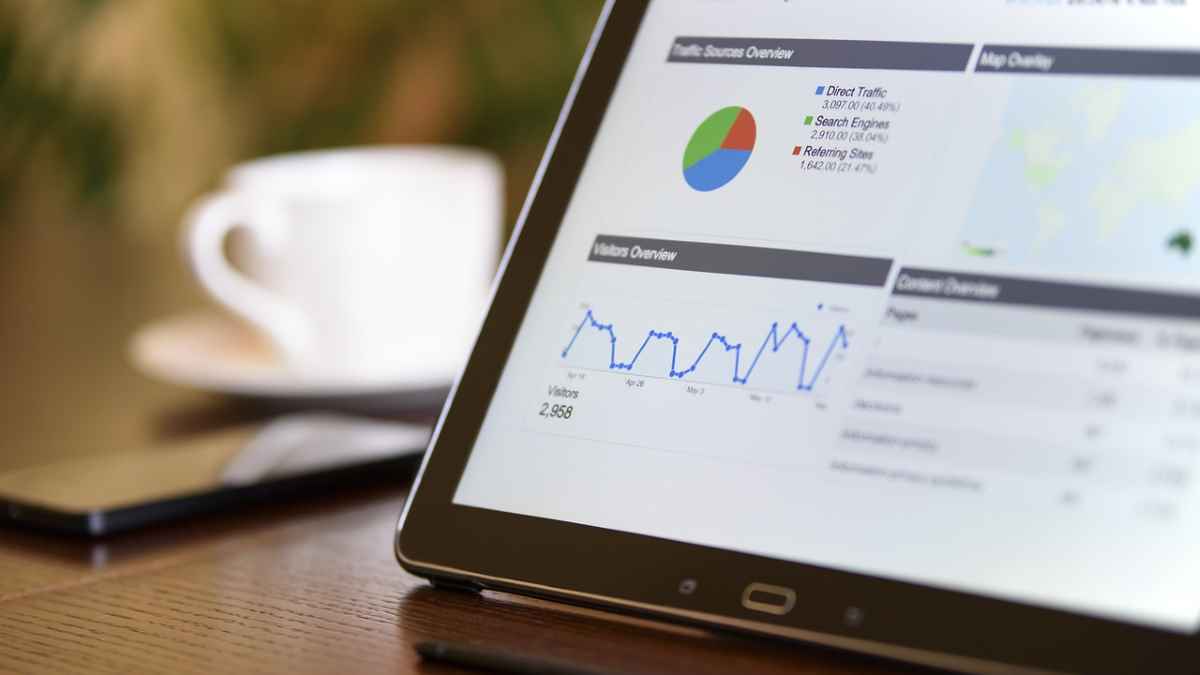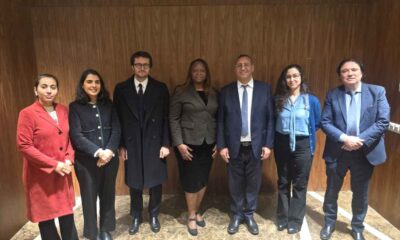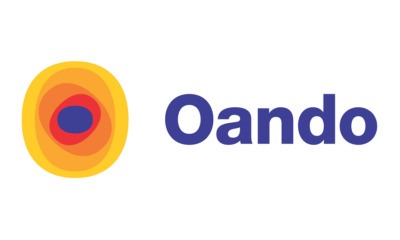Business
Marketers are leaving value on the table by failing to measure the full impact of their marketing investments

Events
As global power structures shift, Invest Africa convenes The Africa Debate 2026 to redefine partnership in a changing world
Business
Zion Adeoye terminated as Chief Executive Officer (CEO) of CLG due to serious personal and professional conduct violations
Business
The International Islamic Trade Finance Corporation (ITFC) Strengthens Partnership with the Republic of Djibouti through US$35 Million Financing Facility
-

 Business5 days ago
Business5 days agoGreen finance: African Development Bank accords $1 million grant to strengthen actions of Crédit Agricole du Maroc Group in climate transition
-

 Business5 days ago
Business5 days agoAfreximbank announces top 8 finalists for its flagship Accelerator Program
-

 Energy5 days ago
Energy5 days agoAfrica Finance Corporation Acts as Financial Adviser on Landmark Power Sector Bond Issuance under Nigeria’s Presidential Power Sector Financial Reforms Programme
-

 Business5 days ago
Business5 days agoAPO Group Strengthens Advisory Leadership with the Promotion of João Marques to Executive Director, Strategic Advisory
-

 Energy3 days ago
Energy3 days agoTrinidad & Tobago Prime Minister (PM) to Address Caribbean Energy Week (CEW) 2026 Amid Multi‑Billion‑Dollar Energy Investment Surge
-

 Business5 days ago
Business5 days agoOando Reports Profit-After-Tax Up 10% to ₦241.3 billion as Upstream Production Rises 32% in FY 2025
-

 Business3 days ago
Business3 days agoCGTN: Vision 2030: China’s tech blueprint reshaping global innovation
-

 Business3 days ago
Business3 days agoEquatorial Guinea, Chevron Sign Aseng Agreement, Strengthening GEPetrol Participation










